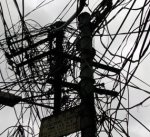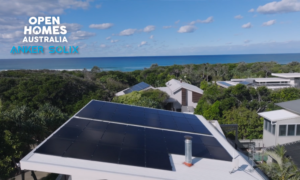In what has been described as the world’s largest blackout event, solar panels again proved their worth.
India is plagued by electricity shortages, due in part to massive demand on ageing and inadequate infrastructure. Some of the increased demand isn’t just attributable to a growing population, but how the population utilises power – for example, the popularity of energy hungry air-conditioners.
The country’s hydro-electric stations are also suffering due to a poor monsoon season and coal is in short supply in some areas.
While regular blackouts are a part of life in many of the nation’s regions, an incident on Tuesday set a new and unenviable record when over 600 million people simultaneously found themselves without mains power – the equivalent to nearly 55 times the population of Australia.
The event occurred just after Monday’s failure of India’s northern grid, which left 370 million people without electricity.
The nation’s capital, New Delhi, was not spared. Some forms of public transport ground to a halt and the financial impact on businesses is said to be in the hundreds of millions of dollars.
However, the New York Times points out some of India’s “energy poor” were winners during the events. Many households in affected rural areas had the lights stay on thanks to their small off grid solar power systems that incorporate deep cycle battery storage.
With the possibility of another such event occurring, decentralized energy generation using renewable energy sources will likely gain even more attention in India.
The nation already has ambitious goals for solar power; having set a target of 20,000MW of installed solar capacity by 2022.
The nation’s grid-connected solar energy capacity had reached 1030.66 MW at the end of June and off-grid solar panel system capacity (1kW+) was estimated to be 85.21 MW.
Image credit: mckaysavage / Flickr.com














































